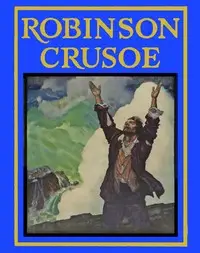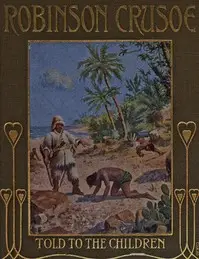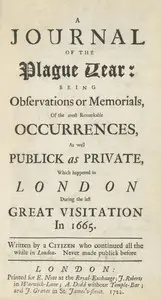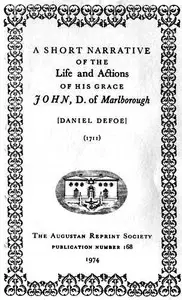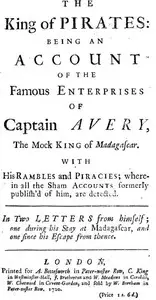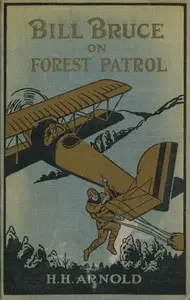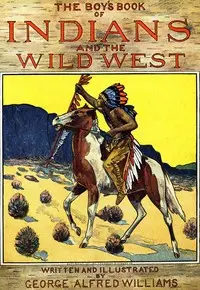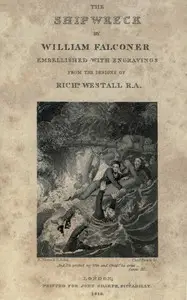The Life and Adventures of Robinson Crusoe by Daniel Defoe is a story that follows a young man named Robinson Crusoe, whose thirst for adventure pulls him away from his family and into a life filled with shipwrecks and solitude on a faraway, deserted island. The novel begins in York, England, where young Robinson dreams of sailing the seas, ignoring his father's advice to live a more stable life. He embarks on a sea voyage, triggering a series of unfortunate events that lead him to unimaginable struggles and a lonely existence. The first part shows Robinson’s internal battle between his yearning for adventure and the safety of his home, setting the stage for a long journey that will put his courage and resourcefulness to the test.

The Life and Adventures of Robinson Crusoe
By Daniel Defoe
Driven by wanderlust, a young man defies his family, only to face shipwrecks and isolation on an island, testing his will to survive.
Summary
About the AuthorDaniel Defoe was an English novelist, journalist, merchant, pamphleteer and spy. He is most famous for his novel Robinson Crusoe, published in 1719, which is claimed to be second only to the Bible in its number of translations. He has been seen as one of the earliest proponents of the English novel, and helped to popularise the form in Britain with others such as Aphra Behn and Samuel Richardson. Defoe wrote many political tracts, was often in trouble with the authorities, and spent a period in prison. Intellectuals and political leaders paid attention to his fresh ideas and sometimes consulted him.
Daniel Defoe was an English novelist, journalist, merchant, pamphleteer and spy. He is most famous for his novel Robinson Crusoe, published in 1719, which is claimed to be second only to the Bible in its number of translations. He has been seen as one of the earliest proponents of the English novel, and helped to popularise the form in Britain with others such as Aphra Behn and Samuel Richardson. Defoe wrote many political tracts, was often in trouble with the authorities, and spent a period in prison. Intellectuals and political leaders paid attention to his fresh ideas and sometimes consulted him.


